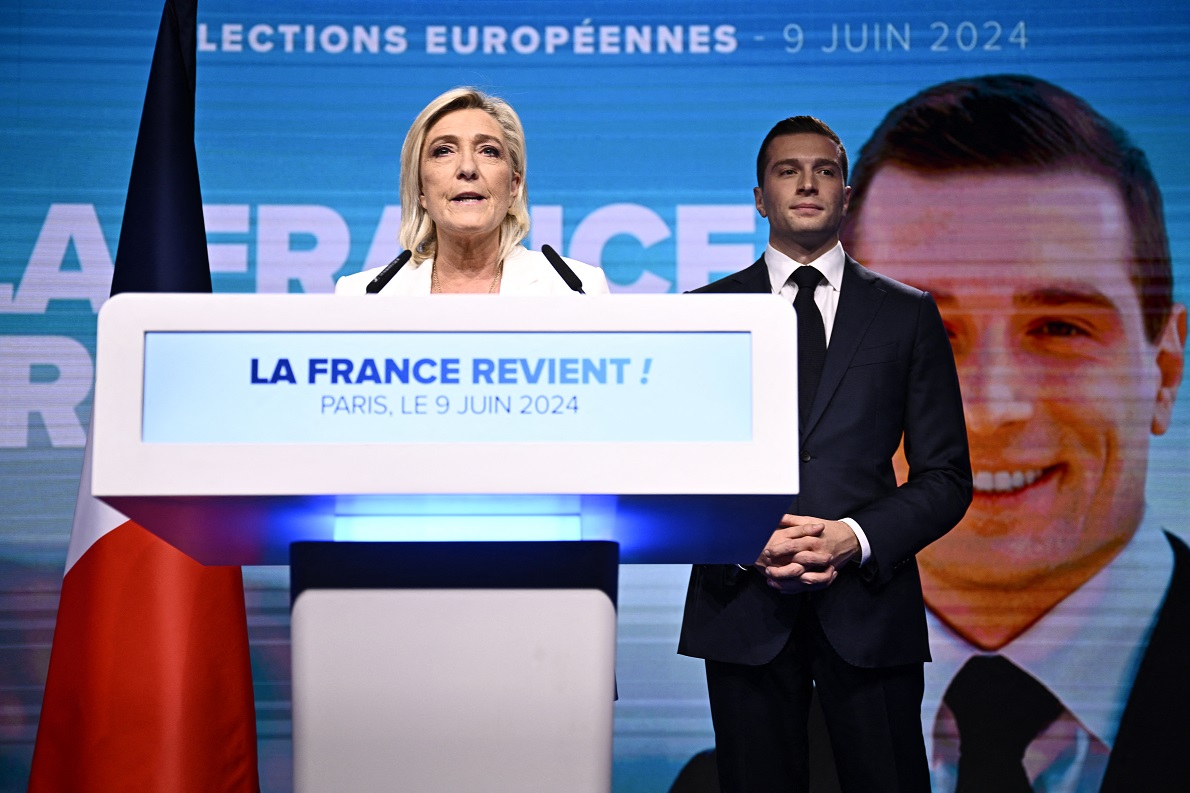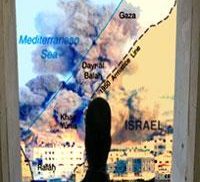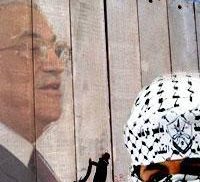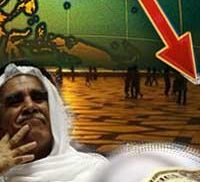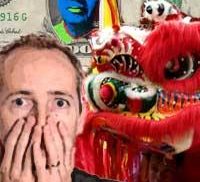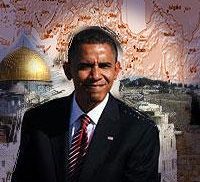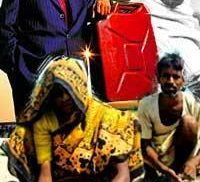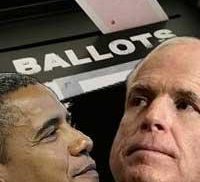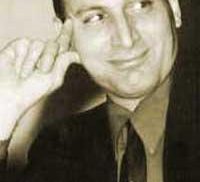Across Europe, far-right parties are gaining ground like never before since World War II, reshaping political landscapes and cultural narratives. From coalition governments to influential parliamentary blocs, their rise reflects deep-seated shifts in societal dynamics. What factors have fueled this surge? How have traditional parties and evolving cultural identities contributed to the far right’s growing appeal? What does it mean for Europe’s future? This dossier delves into the complex dynamics behind the far right’s ascent and the challenges it presents to European democracy.
Dossiers
- "Air strikes on Gaza are not a solution. More Palestinian deaths are what Hamas needs to feed its own radicalism," states the Czech Republic Minister of Foreign Affairs Karel von Scharzenberg in Giancarlo Bosetti’s interview. How is this war going to change the relationships between Israelis and Palestinians? Political philosopher Seyla Benhabib writes: “Suppose there was a confederation in Israel-Palestine. This confederation could become the kernel of a Middle Eastern Union of Peoples, in which Turkey, Egypt, Saudi Arabia, Jordan and many other states would conjoin together much along the model of the European Union”.
- The conflict between the two main Palestinian political parties shows no sign of abating. On one hand Hamas dominates the Gaza Strip, on the other Fatah continues to govern the West Bank. Two visions of the world or more simply two different political power machines? President Abu Mazen’s mandate is drawing to an end with few regrets, while Hamas has announced that the truce with Israel is over. In the meantime the conflict between the two political parties reflects the divisions within the Arab League. Is there any way out of this blind alley?
- What are the consequences of the global financial crisis in the Arab world? The Gulf region’s financial markets have suffered considerable losses, but above all it has been the fall in the price of oil that has highlighted the weakness of the Arab economy. And yet there are some on the shores of the Mediterranean who are increasingly optimistic. These are the people who relied on financial institutes that respect the Shari ‘a, the so-called “Islamic finance.”
- Is China’s terrible reputation in the western media legitimate? Two books, one published in America and the other in Italy, explain the reasons for the West’s growing fear of the Asian giant and its emigrants. Criticising China is a sport explained with an entire series of misunderstandings, prejudices and urban legends. What do we really know about Chinese culture? What will change with Obama in the White House and the worsening of the economic crisis?
- The world is celebrating Barack Obama, the new President of the United States of America. Young, educated, with a multicultural, multiracial and cosmopolitan background, Obama provides new prestige to America’s image and to that of western liberal democracy. The Arab world has reacted enthusiastically, but is waiting to see the new White House resident in action. “Will he be with us or against us?”, wonder Palestinians and Israelis. In theory with neither, and this gives us hope. The task awaiting Obama is arduous, but the man does not lack audacity and hope. Will he also inspire change far from America? Even in China?
- There are only two castes: men with large bellies and those with small ones. And only two destinies: to eat or be eaten. The portrait of India that emerges from Aravind Adiga’s novel entitled “The White Tiger”, recently the winner of the Booker Prize, differs greatly from the super-globalised and technological one often described. This other India is a harsh and dark reality in which "the planet’s largest democracy” still has to deal with poverty and human rights and where, every day, politicians and civil society trample on Gandhi’s legacy.
- The economic crisis will make George W. Bush’s successor’s job even more difficult. In such difficult times, Obama stands out as a safe and serene power, but the elections have not yet taken place. “The factor of race, obliquely if inconsistently revived by McCain’s camp – writes Andrew Arato – may still reappear in some unexpected form”. Two different visions of the nation and of the world, and even of religion oppose each other. “Will Obama disappoint us?” wonders John Judis looking to the future. And is America at last ready to elect a black candidate to the White House?
- What has happened to Egypt’s democratisation? After a few minor concessions, the regime is once again closing any real space in the political arena to the opposition, whose only voice today seems that of bloggers. The price of essential food has risen by 60%, a blow to 40% of the population obliged to survive on less than one dollar a day. Further damage to the country’s image came when the Foreign Minister triumphantly announced in New York the release of the eleven tourists kidnapped in the desert, who instead were held hostage for another week. Would change not be good for such a country?
- Non-violence as the answer to violence. Dialogue as the antidote for clashes between civilisations. And: listen, learn and lead. How modern are Mahatma Gandhi’s lessons? This was discussed by Iranian philosopher Ramin Jahanbegloo expressing his thoughts in the video-chat room on the Avoicomunare.it website, launched by Telecom coinciding with its successful advertising campaign based on Gandhi. “I believe in his dream of One World – said Jahanbegloo, whose book entitled Reading Gandhi in Teheran is about to be published in Italy (Marsilio, I Libri di Reset) – But this means that the world belongs to us and we must all assume responsibility for it”.
- They leave their whole lives behind, risking their lives on journeys that at times are with no return. Those who succeed, wander around our cities without a name, exploited by ruthless entrepreneurs and labelled as enemies by populist politicians. Public opinion recently learned off yet another massacre off the coast of Malta. Illegal immigrants have however played a leading role in some of the saddest stories of this Italian summer; a man killed while travelling under an articulated lorry, another arrested after reporting a crime. The victims of poverty and fear, these are the new marginalised people, the pariahs of the West.


